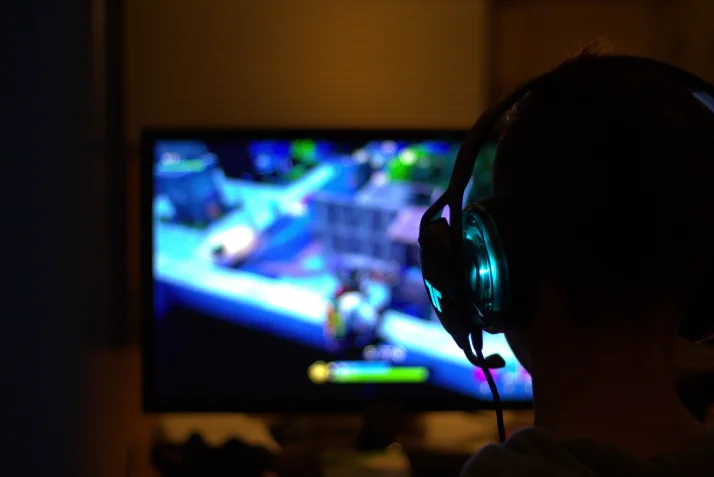Video games are now much more than just entertainment. They are part of digital culture and shape the way people interact and compete with one another. One important reason for this change is the rise of progression systems. In titles like Battlefield 6, the bf6 career rank shows how structured ranks can motivate players, reward effort, and build a sense of pride. These ranks are not just numbers — they reflect time, skill, and commitment.
Why Career Ranks Matter
Career ranks serve several purposes for gamers:
- Motivation – they give players a reason to keep improving.
- Structure – ranks create a clear path and goals to follow.
- Prestige – reaching higher levels brings recognition.
- Impact on the community – ranks encourage both competition and cooperation.
Developers also benefit from this. A strong ranking system ensures that players stay engaged and keep coming back, which builds loyal communities around a game.
Battlefield 6 and Its Career Rank System
The Battlefield series is known for massive battles, tactical gameplay, and teamwork. Battlefield 6 takes it a step further and offers a refined career rank system. Players start at the lower levels, learn maps, experiment with weapons, and develop strategies. Each promotion feels earned and unlocks new equipment or cosmetic rewards. When a player reaches higher ranks, they gain not only experience but also a visible symbol of their commitment. This has two clear effects:
- New players stay motivated because there’s always something to strive for.
- Veterans feel appreciated since their progress is clearly visible to others.
This creates a cycle in which progression promotes both individual satisfaction and community growth.
The Psychology Behind Progression
Why are ranks so important? Psychology provides the answer. Small rewards and visible progress stimulate the brain’s reward system. With each level-up, a dose of dopamine is released, giving players the satisfying feeling of “wanting to play one more game.” Progress also fosters the natural competitive spirit. When others reach higher ranks, it drives players to train, adapt, and reach the same level. This is not discouraging – it often encourages healthy competition.
At the same time, ranks can help promote cooperation. In Battlefield 6, knowing a teammate’s rank sets expectations. Players with high ranks bring experience, while those with lower ranks may need support. This creates opportunities for mentoring and teamwork.
The Influence of Ranking on Community Dynamics in Gaming
Ranks not only inspire people but also determine how an entire community functions. Progress is always visible in online games, and this visible culture can be used to build a stronger one. Players use forums, Discord servers, or social media groups to chat, exchange techniques, compare their rankings, and congratulate each other on achievements. Even a simple screenshot of a new level can lead to numerous discussions and friendships.
Natural roles within a community are also sanctioned by ranks. High-ranking players usually become leaders or mentors for lower-ranking members, advising them on weapons, tactics, or map strategies. Lower-ranking players, in turn, can bring them new energy and curiosity. This dynamic ensures balance between experience and ambition.
Another aspect is competition. Tournaments, ranked matches, and clan battles are all based on clear progression systems. Without ranks, such events lose their direction and purpose. With them, they become not only opportunities to win but also chances to demonstrate long-term improvement.
Finally, ranks enable a shared language. A person in Europe, Asia, or America who says they’ve reached rank 50 conveys how much experience they’ve gained. In this way, the career rank in games like Battlefield 6 is not just a reward for individual growth but also a cross-border connection.
Beyond Entertainment: Skills for Real Life
It’s easy to dismiss games as pure fun, but career rank systems promote skills that are valuable beyond the screen. To climb in rank, players need:
- Strategic thinking – deciding when to attack, defend, or adapt.
- Communication – coordinating with teams and giving clear instructions.
- Problem-solving – reacting quickly when plans fail.
- Perseverance – overcoming setbacks to reach long-term goals.
These are the same skills valued in the workplace, education, and real-world teamwork. No wonder researchers increasingly see a connection between gaming and skill development.
Conclusion
Progression systems have become indispensable. They give players a reason to log in, improve, and move forward. Battlefield 6 is a great example of how career ranks can make games more exciting while also strengthening the community. Ranks are not just about prestige – they represent growth, effort, and identity in the digital age. For millions of players, climbing the career ladder in games is just as rewarding as achieving milestones in real life – and that is the future of gaming.


